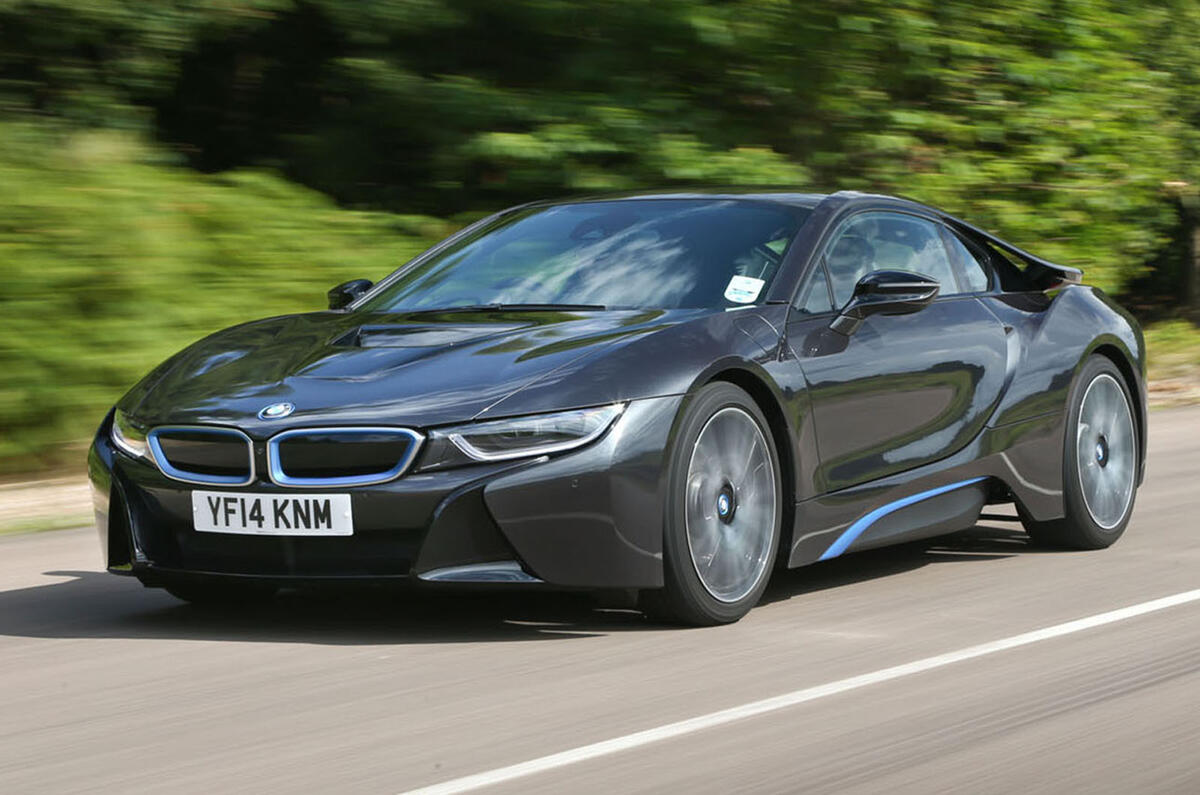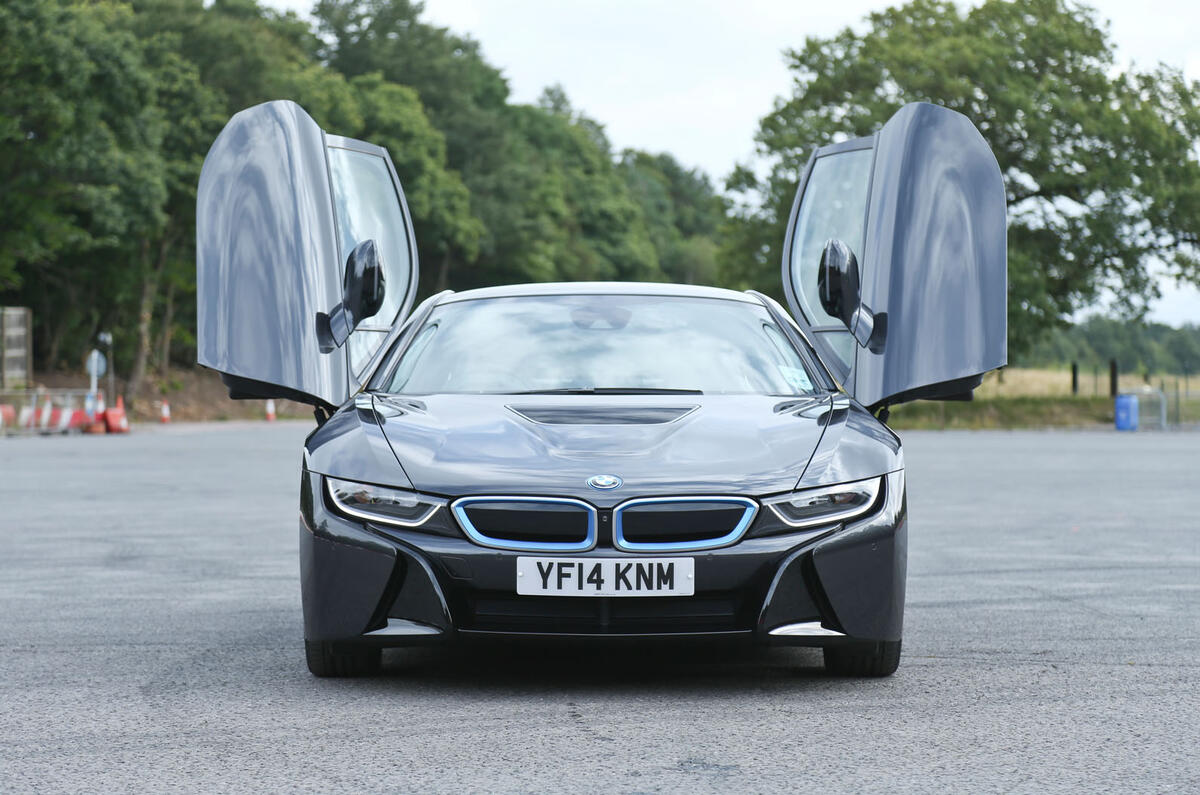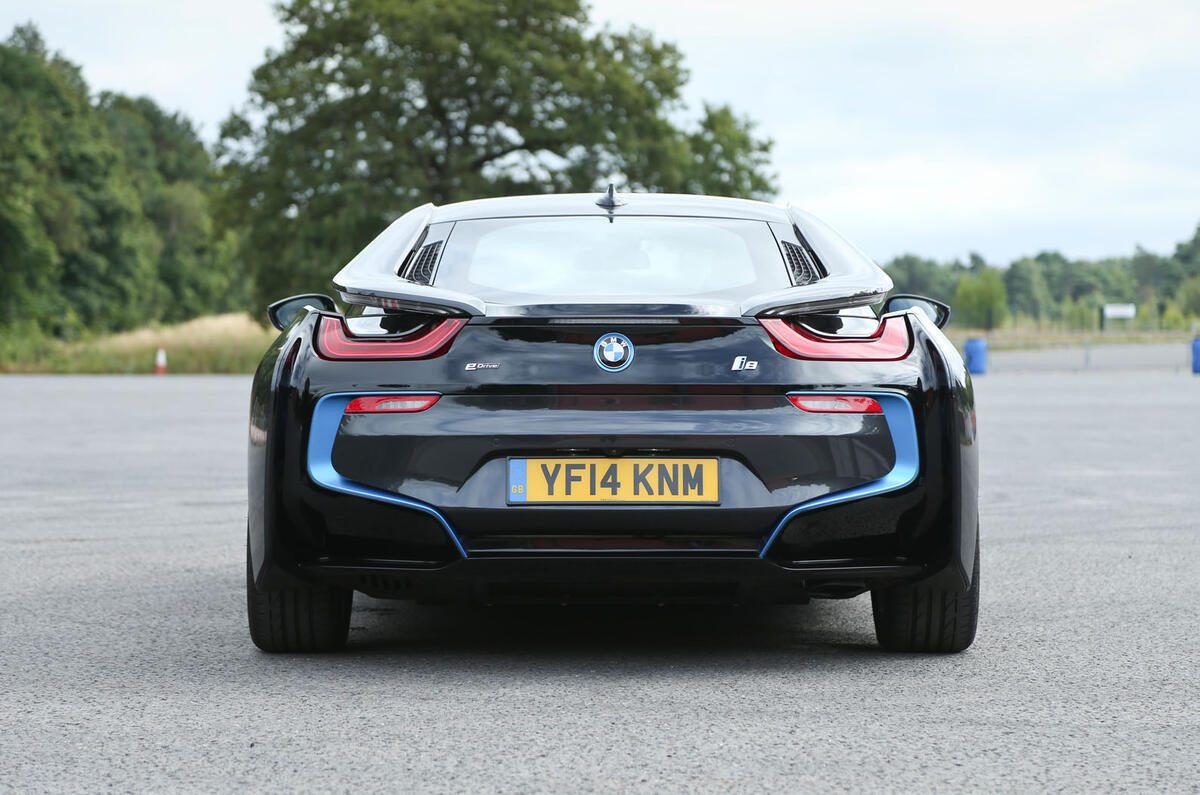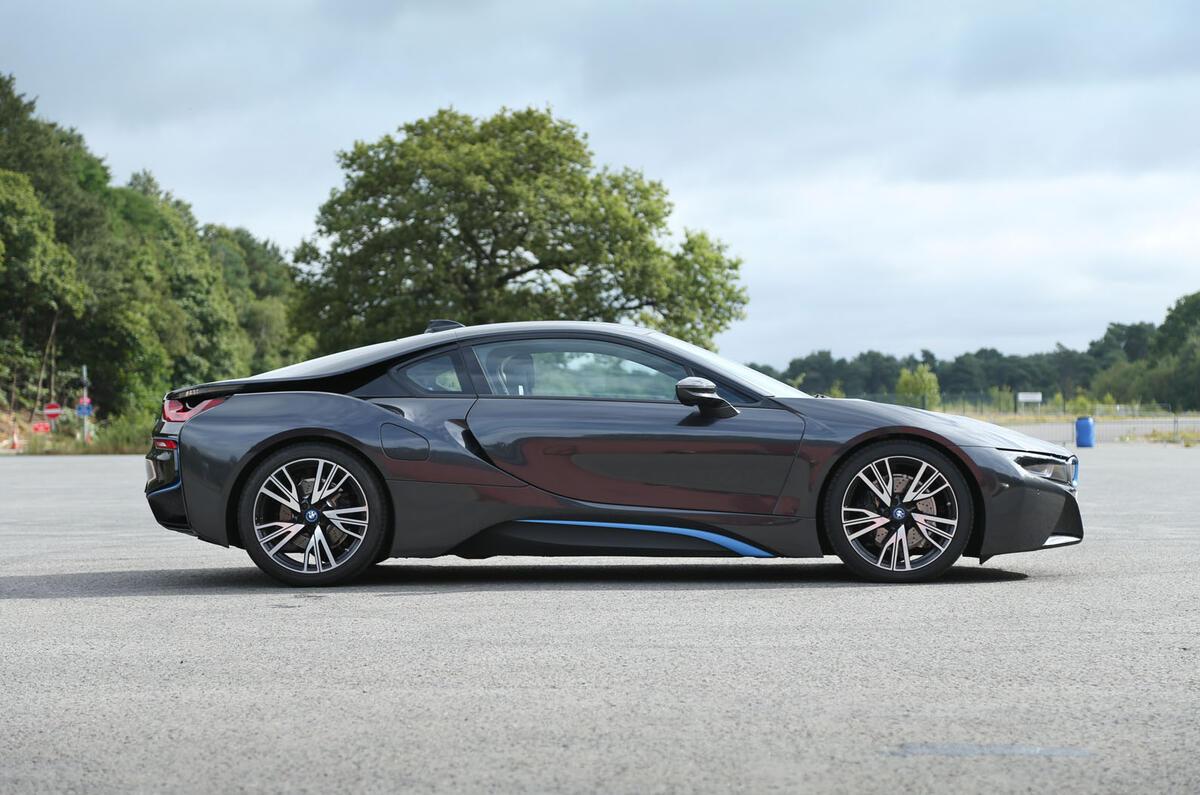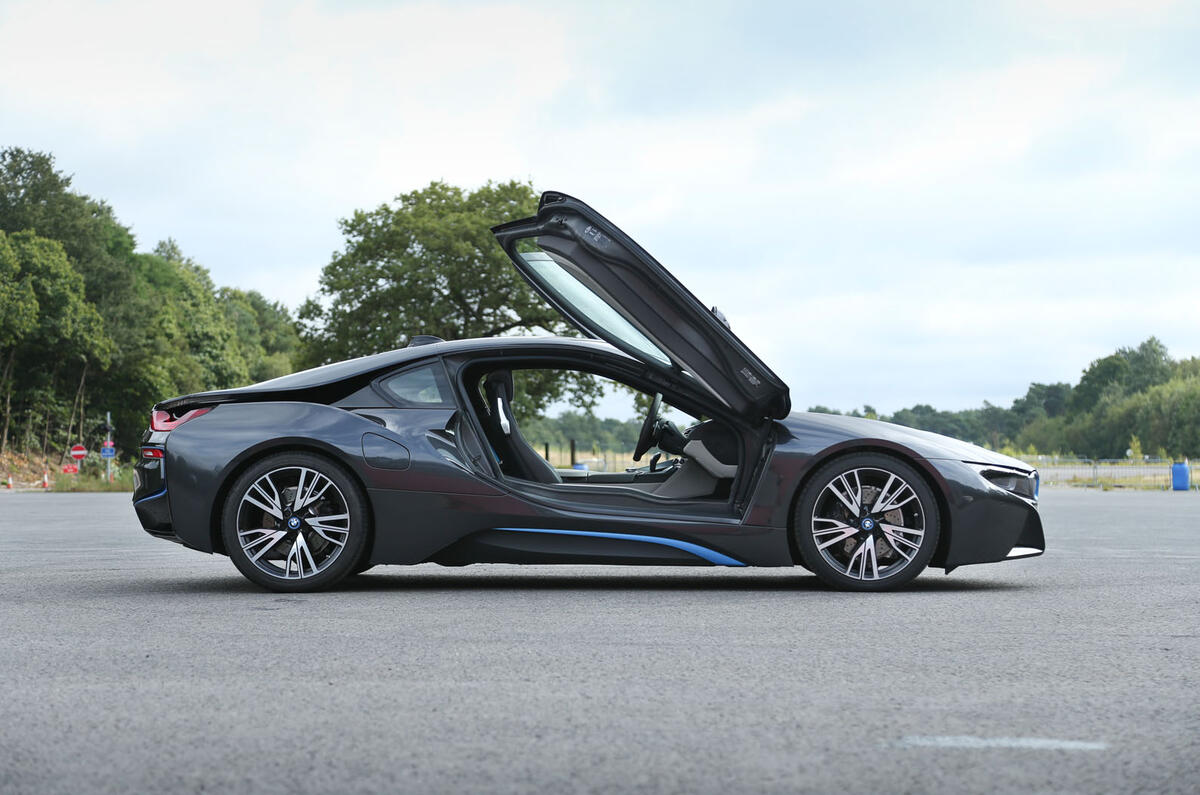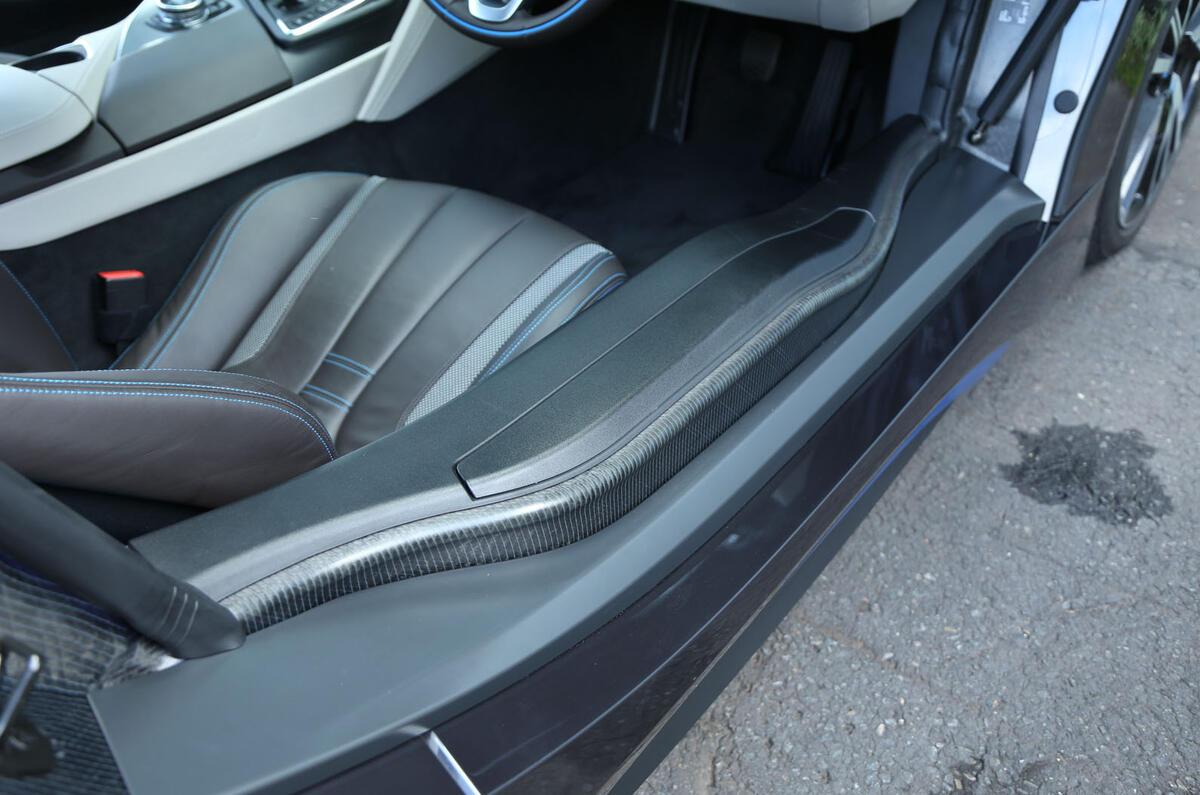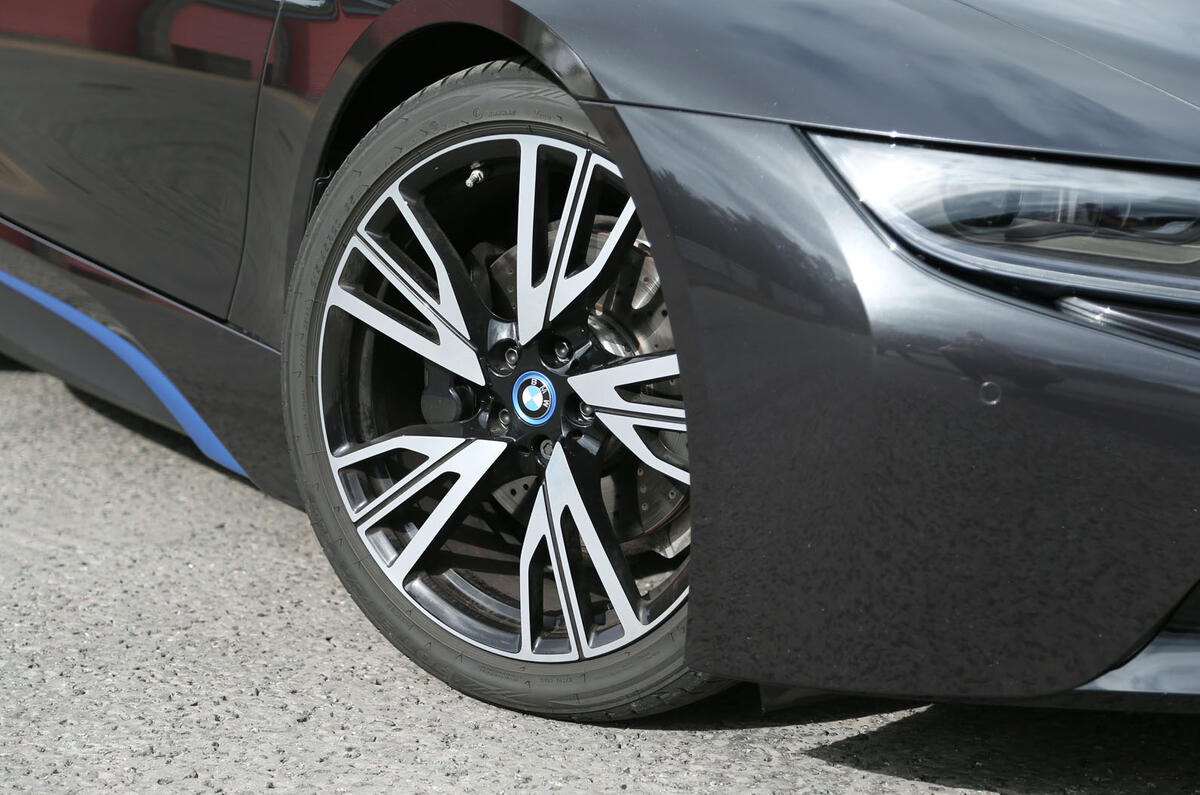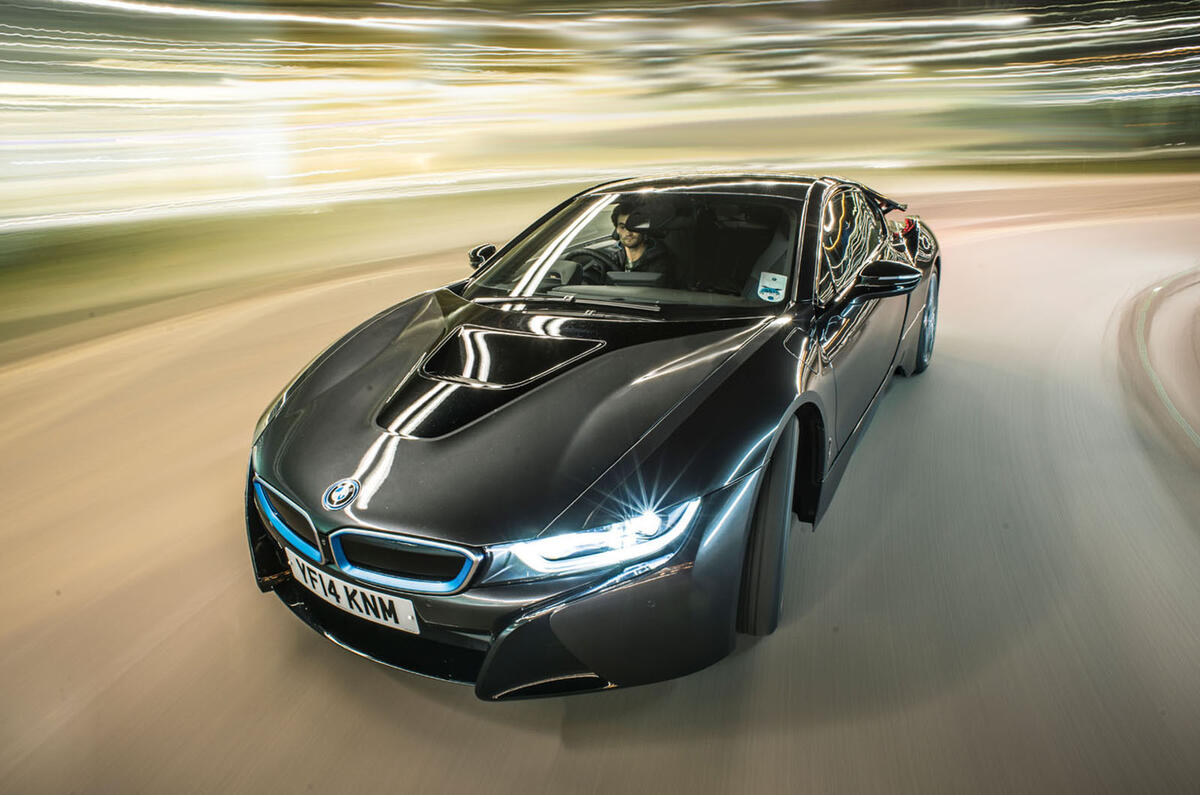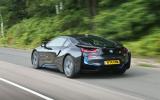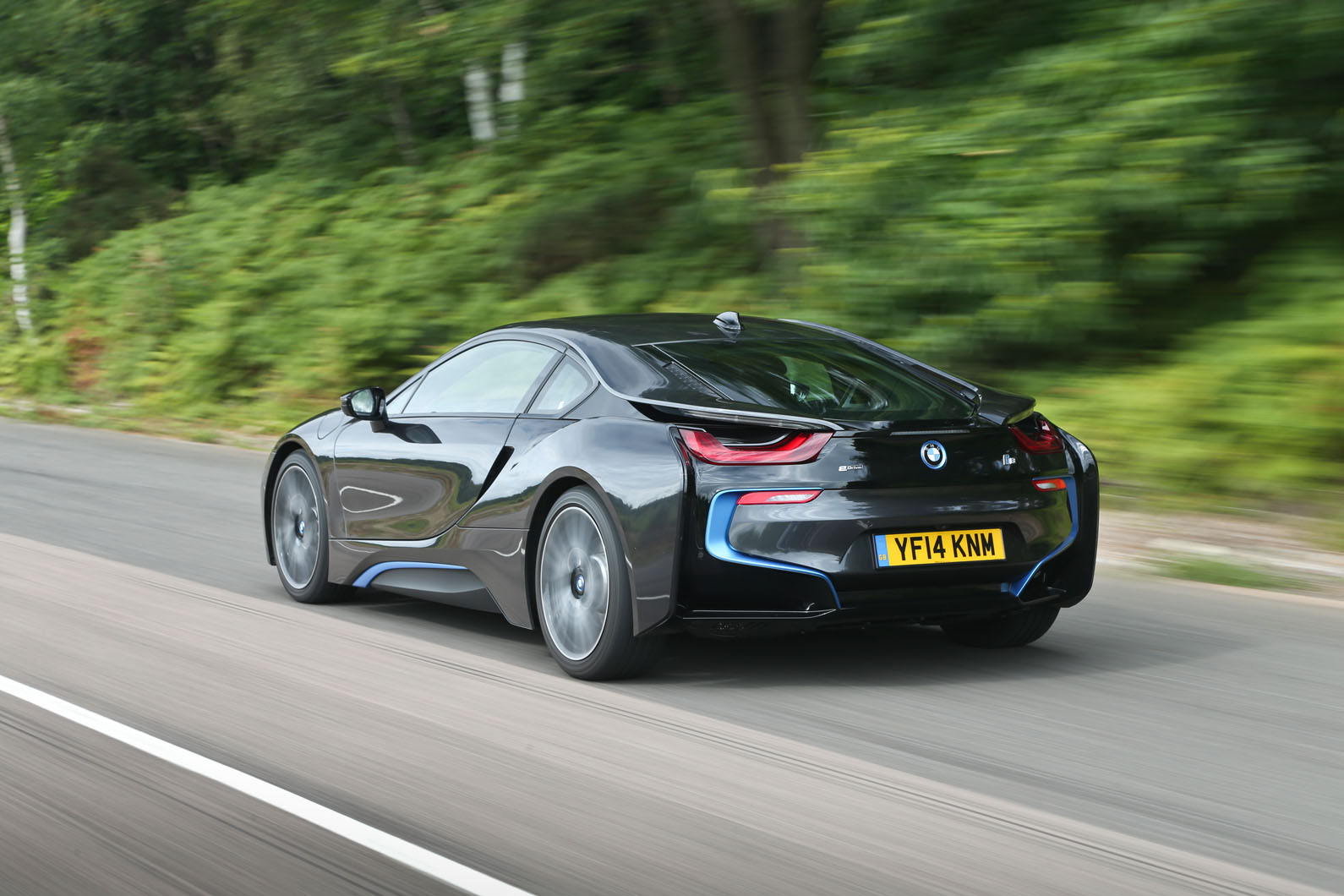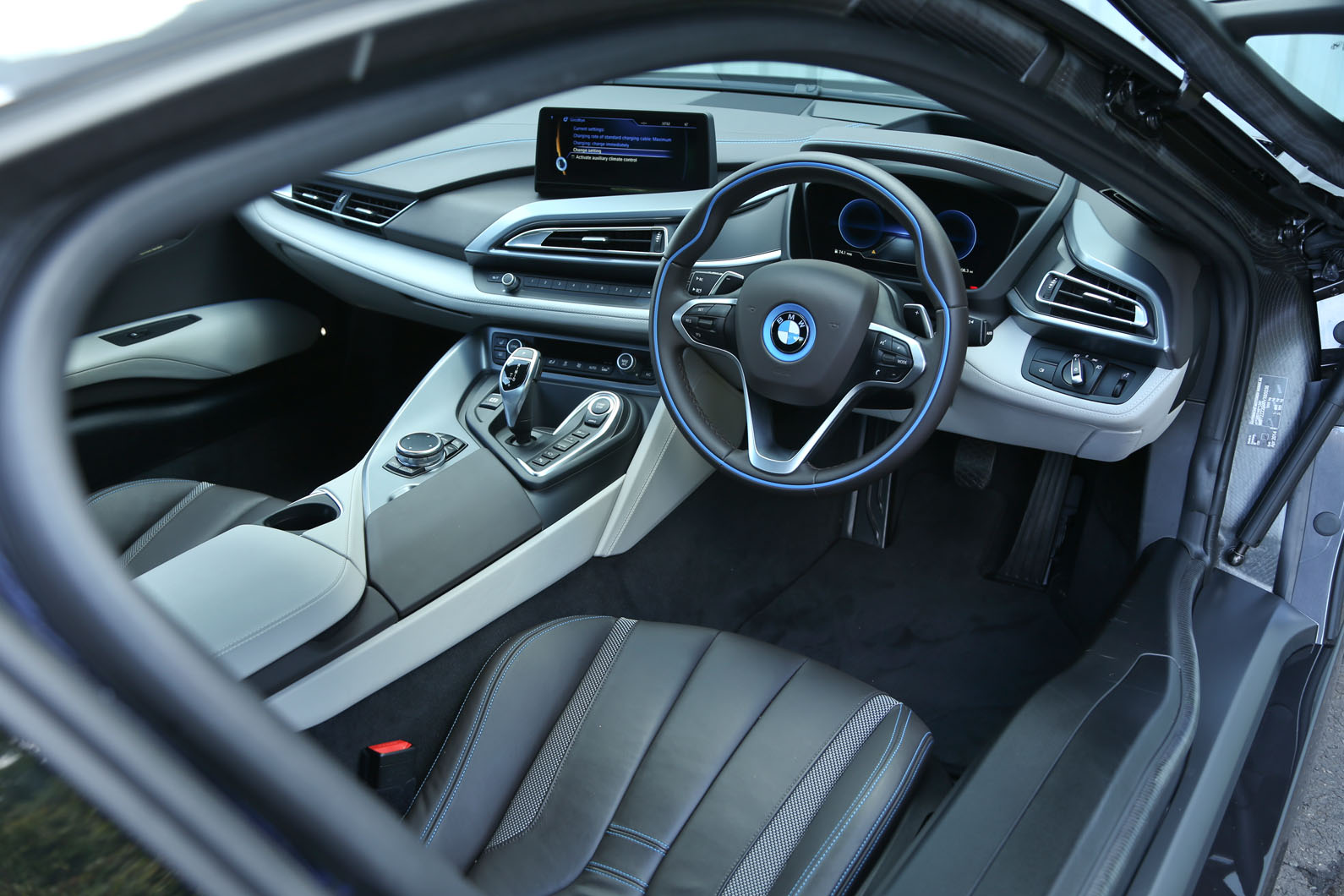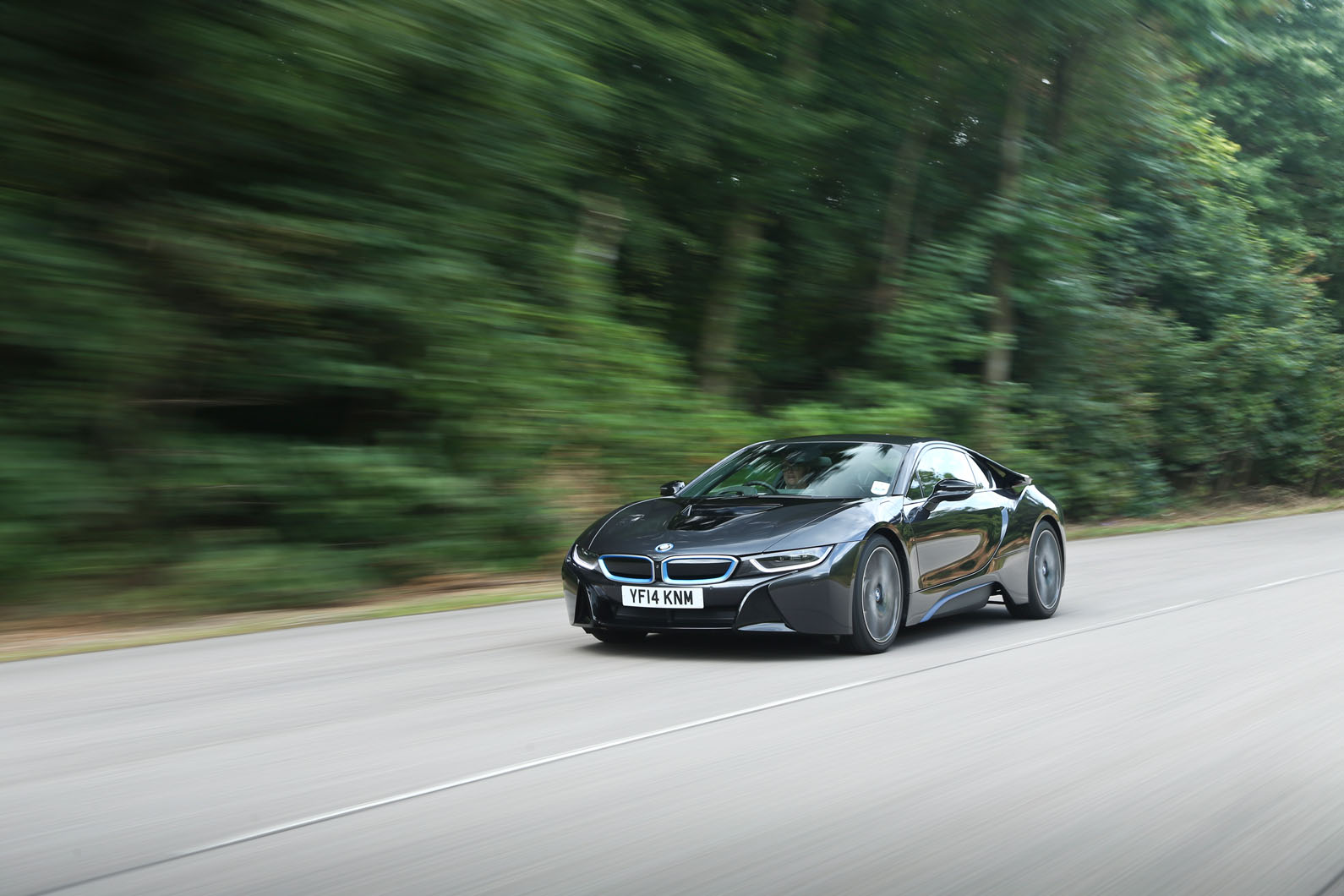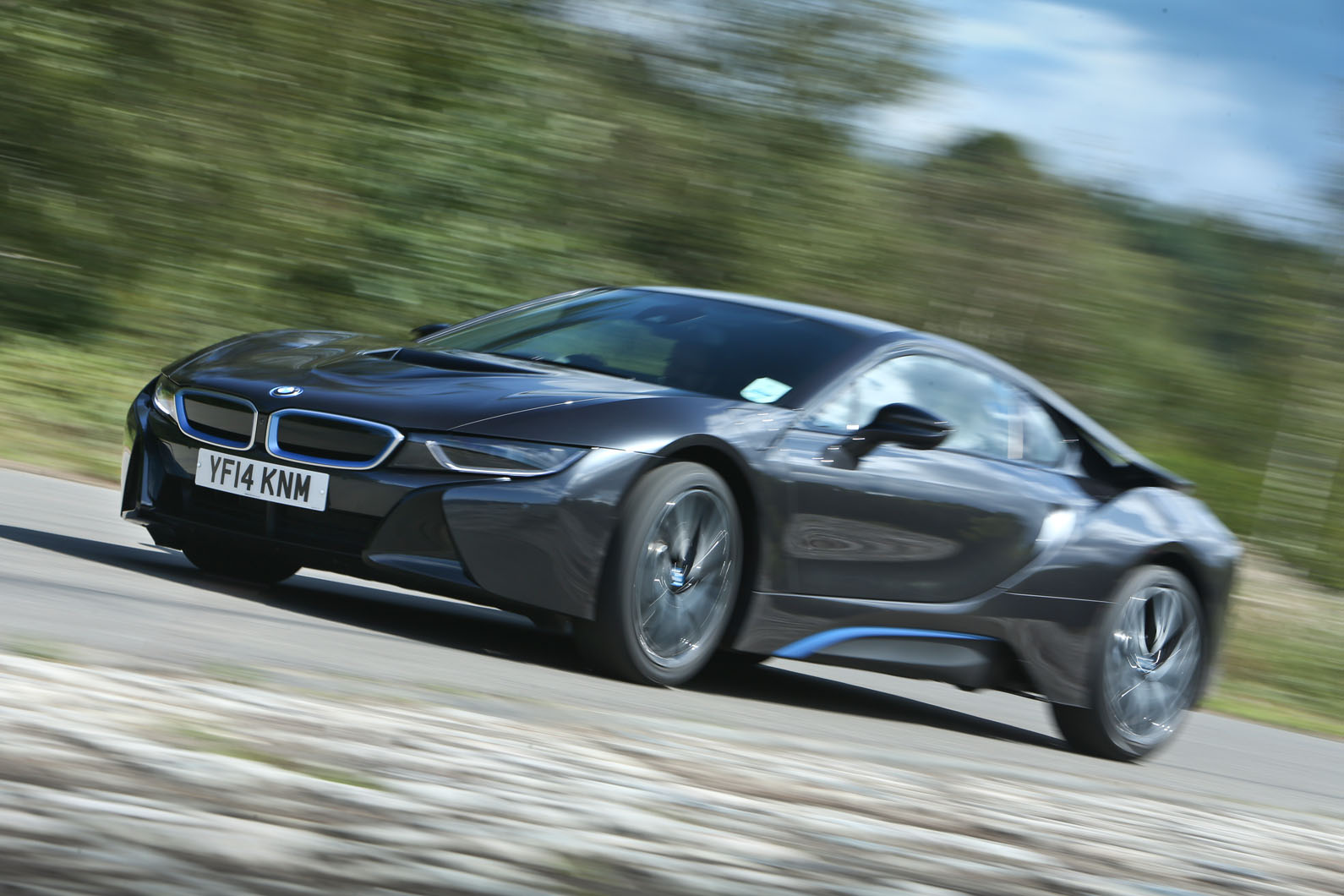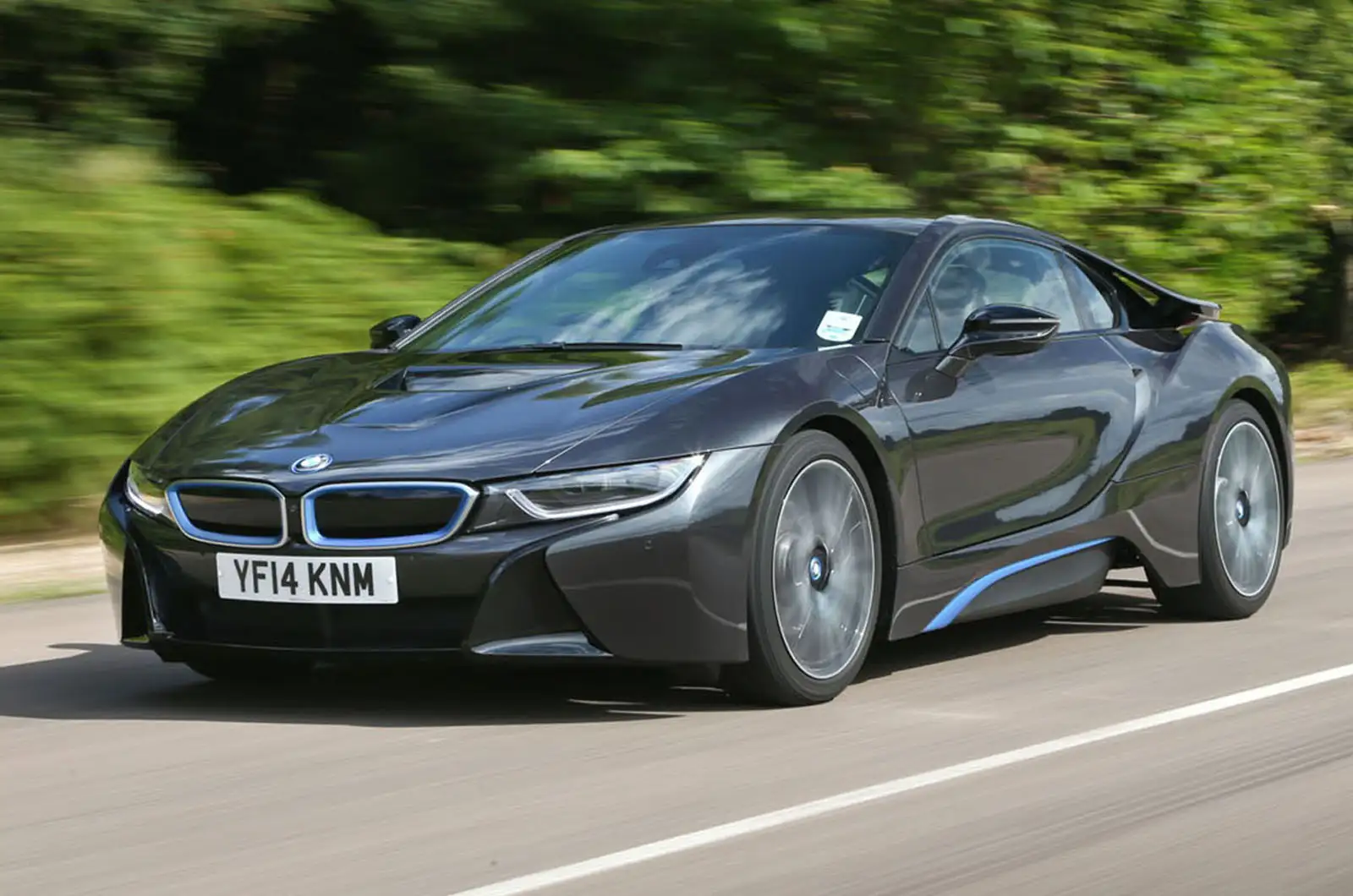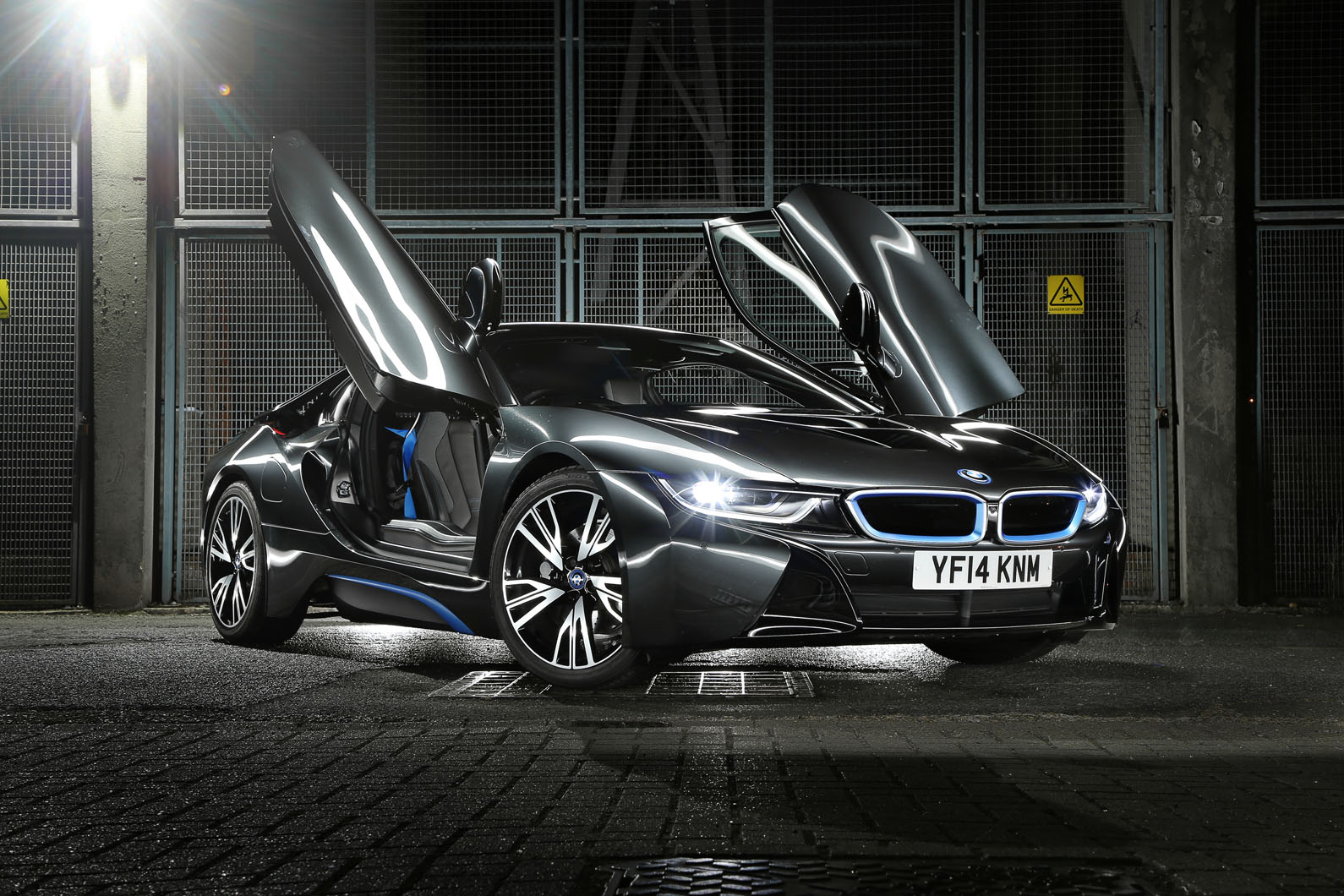When it arrived in 2014, the BMW i8 arrived like a bolt from the blue.
When it went off sale in 2021 it left us open-mouthed and still reeling from the shock, unable to work out if this butterfly-doored, low-slung and extravagantly constructed plug-in hybrid sports car was the Great Leap Forward or a slightly underwhelming Porsche 911 rival, with its six-figure price tag and the engine from a Mini Cooper.
Where it unquestionably succeeded, though, is with its Blade Runner-aping design. The i8 remained recognisably a BMW, but it didn’t look a lot like any other cooking BMW.
It looked (and still looks) terrific, and time and depreciation being what they are, you can now put one on your driveway for not much more than £30,000 – and you’re very unlikely to see its price go lower. So it’s an exotic investment, then?
Could be… Underneath its extravagant exterior, the i8 mixed a combustion engine, an electric motor and a lithium ion battery pack. It could run, in the earlier cars, for up to 23 miles on electric-only power (postfacelift models upped this to 34 miles) and claimed an official NEDC fuel consumption figure of 135mpg.
At its heart, that engine is, as mentioned, a reworked version of the 1.5-litre turbocharged petrol triple you will find in a Mini Cooper, but special internals and clever induction technology conjure 228bhp and 236lb ft.


